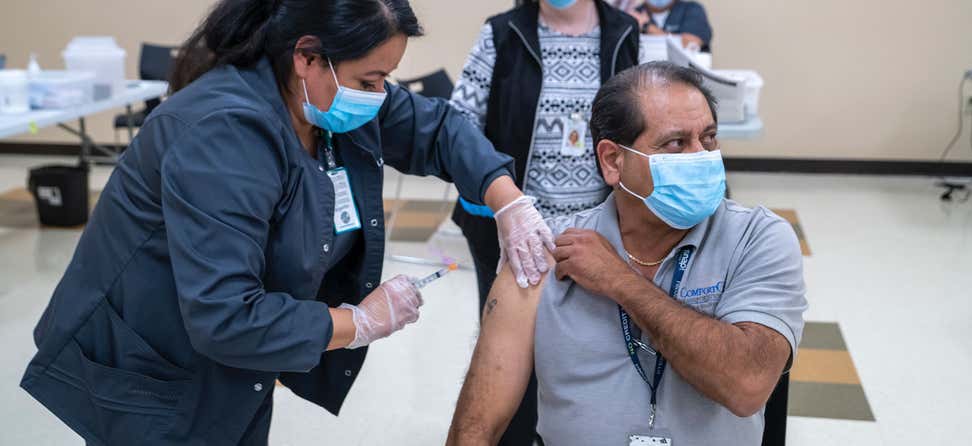Help Promote COVID and Flu Vaccines
Apply for Funding Today
Find Content For You
Our Mission
We believe every person deserves to age well. Since 1950, we've been improving the lives of millions of older adults. Learn about the work we do, the people we serve, and why equitable aging matters now more than ever.
Explore More
Healthy Living
Good health equals a good quality of life. NCOA offers proven ways for older adults to maintain their well-being and independence.

Financial Security
Financial security means being able to afford a longer life. That's why we provide unbiased tips and resources to help make your money last.
Our Mission
We believe every person deserves to age well. Since 1950, we've been improving the lives of millions of older adults. Learn about the work we do, the people we serve, and why equitable aging matters now more than ever.
Explore More
Healthy Living
Good health equals a good quality of life. NCOA offers proven ways for older adults to maintain their well-being and independence.

Financial Security
Financial security means being able to afford a longer life. That's why we provide unbiased tips and resources to help make your money last.
Media Inquiries

Member of the press?
If you have a question or would like to speak to aging expert, please contact us at press@ncoa.org and/or simona.combi@ncoa.org.
Explore. Learn. Connect.
You're passionate about serving older adults. We're passionate about giving you the latest knowledge to do your job even better. NCOA Connect is where aging professionals can access educational content at your convenience. Access live and on-demand webinars, conferences, and events sponsored by NCOA and our partners.
Explore More
Age+Action Conference

Nominate a trailblazer today.
NCOA’s 2023 Trailblazers in Aging Awards recognize the best and brightest in the field of aging. Nominate someone today! Deadline is March 17.
Learn More About NCOA
Our Leadership
Explore MoreOur Accountability
Explore MoreOur History
Explore MoreOur Finances and Annual Reports
Explore MorePress Releases
Explore MoreWays to Give
Explore More



